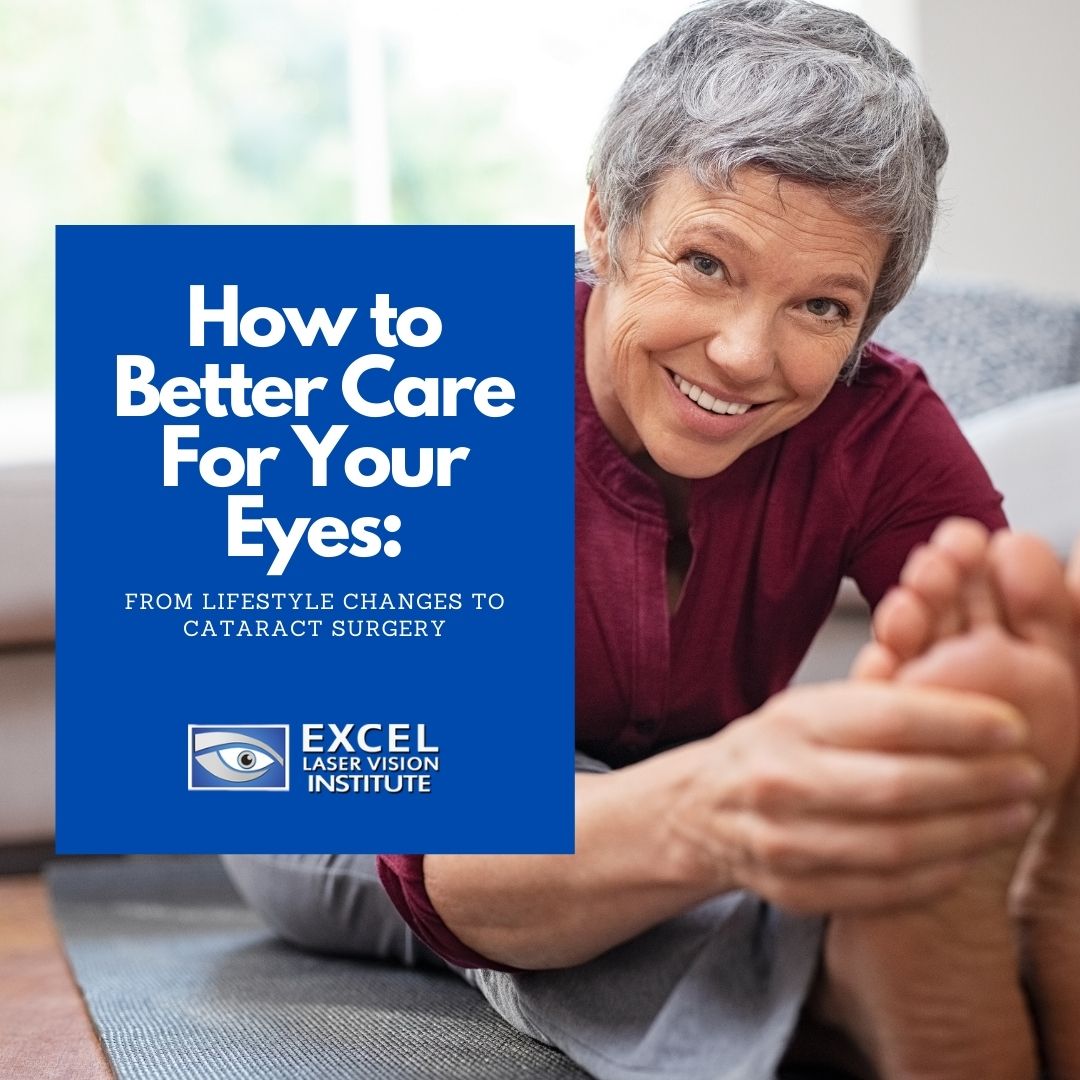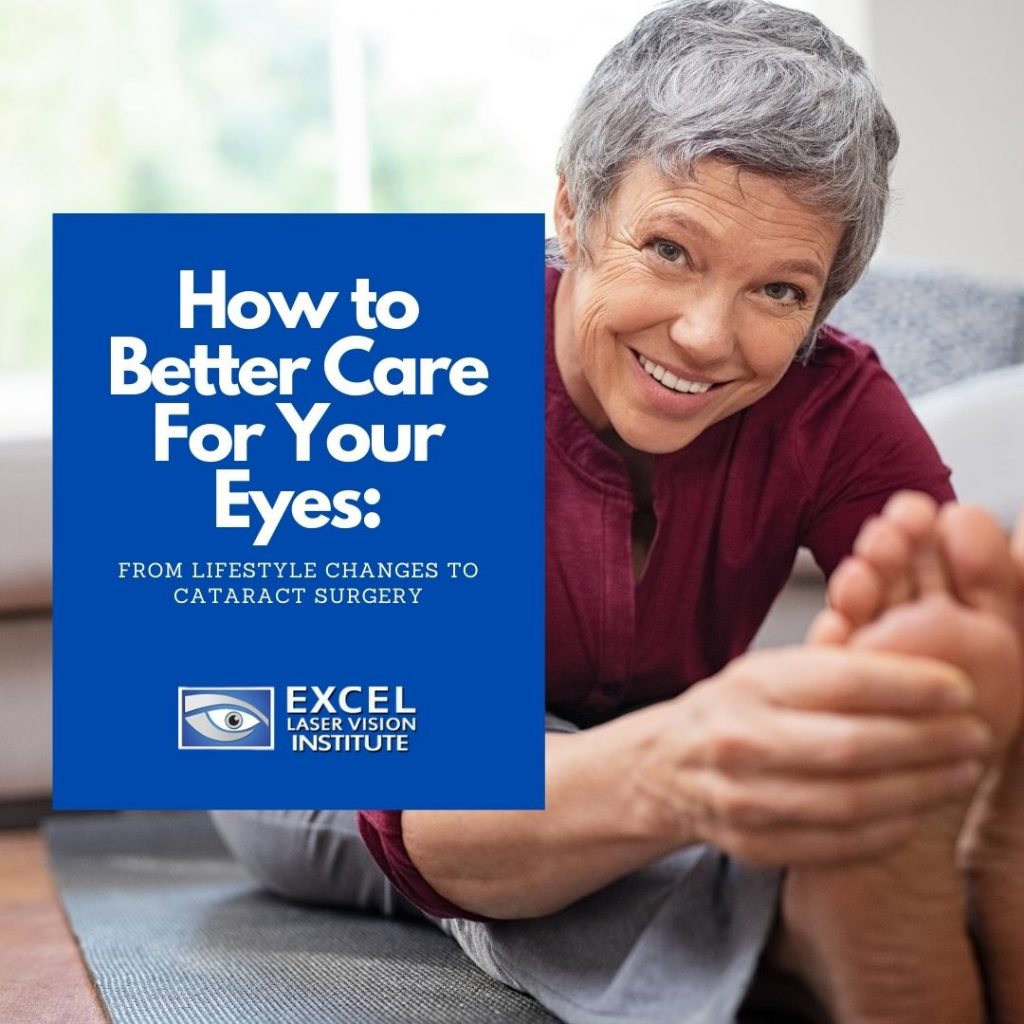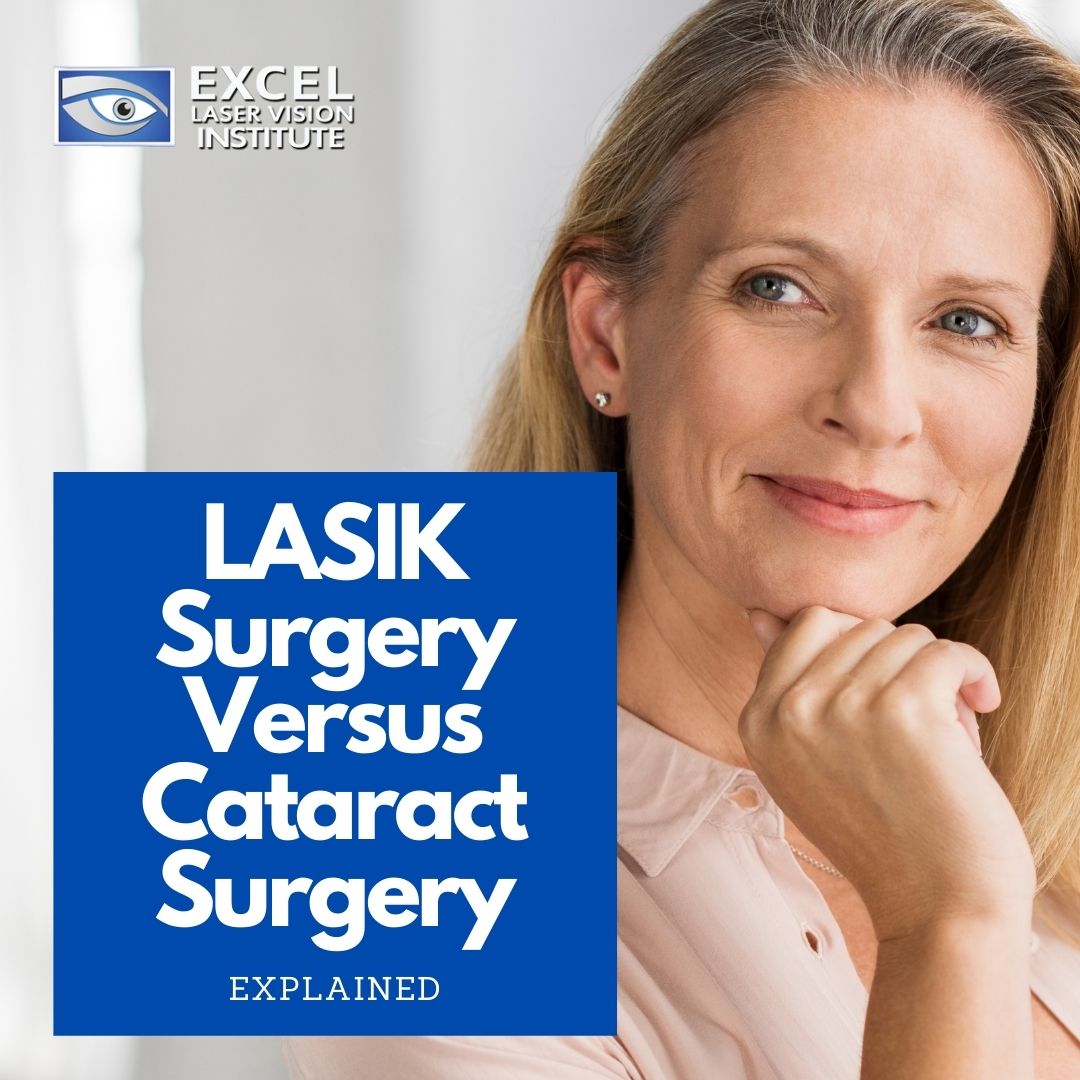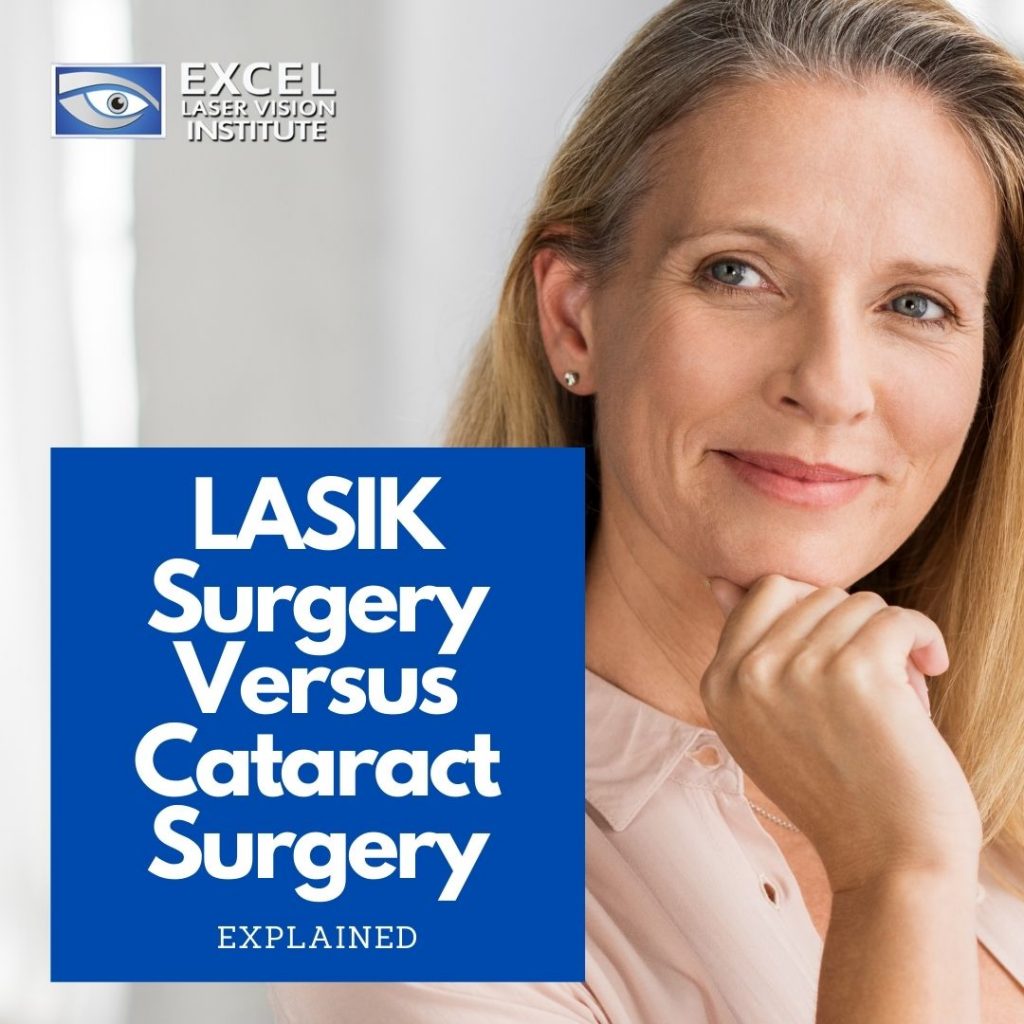
How to Better Care For Your Eyes: From Lifestyle Changes to Cataract Surgery
It’s easy to take our eyes for granted. Every day of our lives we rely on our vision, from the most baseline activities to our passions and work. Very often, people forget how important this is until some part of their eyesight is compromised. Fortunately, technology can help us out when this happens. Procedures like LASIK and cataract surgery in Los Angeles allow people to regain clarity of sight and move forward with their lives.

Since our eyes contribute so much to our quality of life, we have to maintain ocular health in order to maintain ocular function. This is true for almost anyone, regardless of measured visual acuity. Those looking into laser vision correction in Los Angeles need healthy eyes just as much as people who have never worn a corrective lens in their life. Here are some of the ways that we can take better care of our eyes:
Eating a well-balanced diet
Diet affects nearly every aspect of our health, including our eyes. There are certain foods that will promote healthy eyes such as green leafy vegetables and yellow vegetables. Fruits that are high in vitamin C can contribute to healthy blood vessels and combat cataracts. Omega 3 fatty acids have been shown to improve eye pressure and reduce the risk of glaucoma. These can be found in halibut, salmon, and tuna.
Getting enough exercise
According to corrective eye surgery experts, exercise can play a large role in eye health as well. Many people don’t realize that conditions such as high blood pressure, high cholesterol, and diabetes can often lead to chronic eye issues that damage vision. In order to lower your risk of developing these problems, it is imperative that you follow regular health-conscious practices according to your personal needs.
Protecting your eyes from the sun
Many patients who receive cataract surgery in Los Angeles have been told that UVA and UVB protection is the key to preventing cataract development. While spending time outside is great for most people’s health, it is important to limit sun exposure to the eyes. Other eye conditions that can develop as a result of harmful sun rays are corneal growths, keratitis, and age-related macular degeneration.
Filtering blue light
In this digital age that we live in, it’s hard to get away from screens. We are constantly on our phones, tablets, and computers. Then, when we get home, we watch TV. Unfortunately, these screens emit a high energy blue light that can damage eyes over time. The best way to offset this exposure is to take supplements like zeaxanthin and lutein. You can also take frequent breaks to look at something off the screen and blink more often.
Practicing good ocular hygiene
There are certain things that we do without thinking and one of those is touching our eyes. Whether we feel an itch or we are adjusting our contacts, it’s easy to reach up and rub around the area without thinking. However, our eyes are very sensitive and require the utmost care at all times. In order to protect your eyes from any irritants, it is important to always wash your hands before making contact with them and never use rough motions.
Getting laser eye surgery
It’s important to understand our limitations when it comes to eyesight. If you are someone who has worn contacts and glasses all your life or most of your life, then you know that having a refractive error can affect your day to day life. Fortunately, advancements in technology and ocular knowledge have allowed us access to procedures like LASIK. This vision correction alternative is a long-term solution that often eliminates the need for contacts or glasses entirely. For people with contact lens intolerance or who often suffer from fogged up glasses, this is life-changing. Contact a LASIK clinic near you to schedule a consultation with a surgeon. You can ask them questions like, “How much does LASIK cost?” and “How long does LASIK last?” They will walk you through every aspect of the procedure and determine whether or not you qualify for this form of vision correction.

LASIK Surgery Versus Cataract Surgery Explained
While LASIK and cataract surgery are probably two of the most popular corrective eye surgeries in Los Angeles, many people forget how to distinguish the two procedures from one another. The fact is that each of these works to solve a problem in the eye and can result in better visual acuity for the patient; however, they require different methods and cater to different eye conditions.

What conditions does each corrective eye surgery treat?
LASIK eye surgery is known for improving the vision of patients with astigmatism, nearsightedness, and farsightedness. Typically, patients who receive LASIK or an alternative laser vision correction are doing so to fix their natural prescription. Many LASIK patients are able to achieve 20/20 vision or better and become independent from the use of glasses or contacts.
Cataract surgery is a specialized form of corrective eye surgery used to treat cataracts. Many people naturally develop cataracts, which contribute to eye lens clouding, as they get older. This cloudiness can cause blurred or hazy vision that makes it difficult to see. Besides age, some other causes of cataracts include heredity, UV radiation exposure, eye trauma, medications, diabetes, and other eye diseases. If not treated, cataracts can eventually cause blindness. Yearly exams with your eye care professional ensure that cataracts are discovered early and treated when necessary.
How does each corrective eye surgery work?
LASIK eye surgery is completed with state-of-the-art laser technology that can precisely reshape the tissue in the cornea. This laser modification of the cornea allows light to better focus through the eye and thus improves vision.
When you’re receiving cataract surgery in Los Angeles, you will notice a different method. Eye surgeons remove the cloudy natural lens of the patient and replace this with an artificial intraocular lens or IOL. This method eliminates cataracts from further impeding vision and can improve close-up and distance vision, spending on the IOL.
How long does LASIK last compared to cataract surgery?
According to eye care professionals, LASIK eye surgery takes around 10 minutes per eye and both eyes can be performed on the same day. A cataract surgery appointment can as long as 20 minutes, depending on the severity of cataracts, and will only focus on one eye at a time. Many clinics will wait a few days, until the first eye has healed, until performing cataract surgery on the second eye.
LASIK Surgery vs. Cataract Surgery
Both LASIK and cataract surgery are incredible procedures that have helped many people treat their vision problems and achieve their vision goals. Some patients can even have both procedures completed in their lifetime! If you still have questions about these procedures, then make sure to schedule an appointment with your eye care professional to have a comprehensive eye exam and discuss your vision goals. After a thorough analysis of your eye condition and health, your doctor will be able to tell you if your vision qualifies you for one or the other and be able to help you prepare for the surgery.

